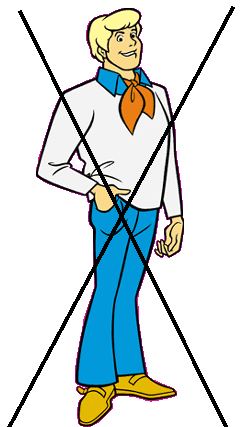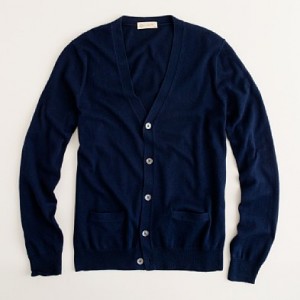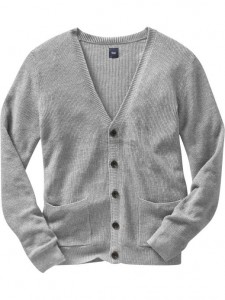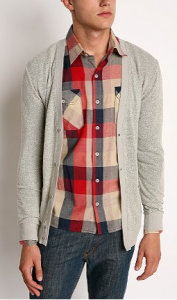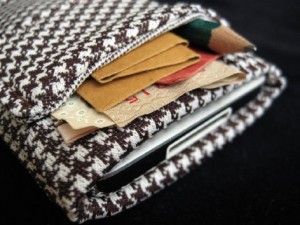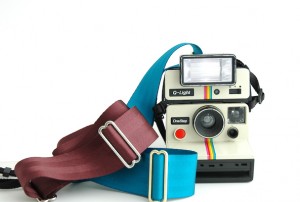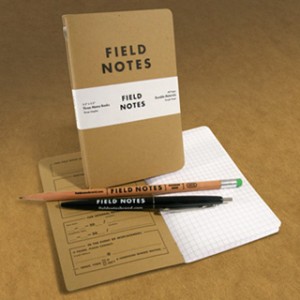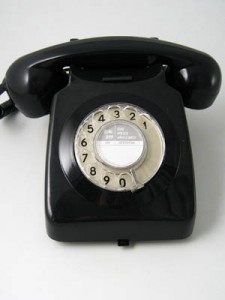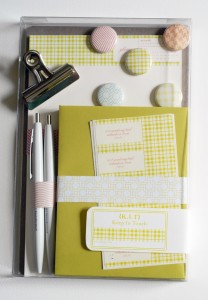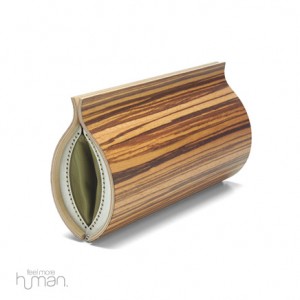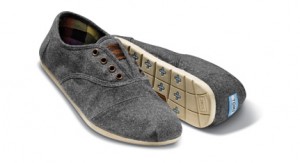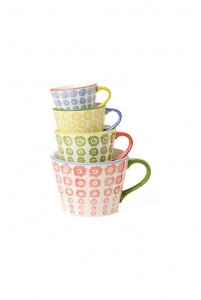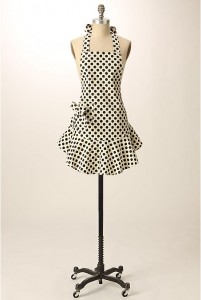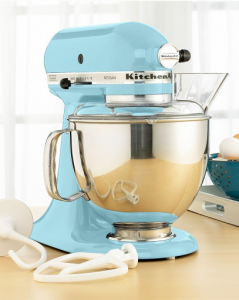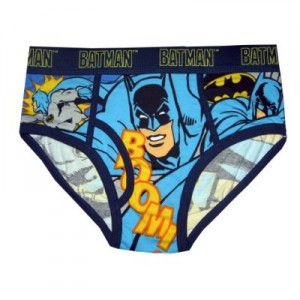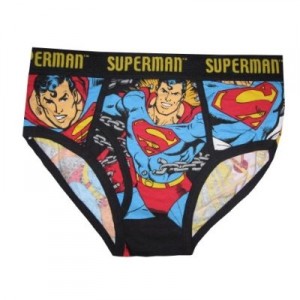Posted in Dress, How To Dress For Work, Office Wear, Outfit Ideas, Suits.
Having just completed a couple of rounds of interviews, I thought I’d do a quick post on proper attire. Conventional wisdom here is to dress for one level above the job that you want. This can be tricky though, so really tailor it to the job/firm that you’re applying to.
This was brought up in the power jeans article, in that some companies actually frown on suiting up for an interview. In an article over at Wetfeet, the author actually had a pretty solid suggestion if it’s local: go stalker and camp out at the office to see what the majority of the workers there are wearing.
I won’t tackle the outliers, and will instead focus on the more typical business environment.
The general idea is to strike a balance between not looking like everybody else, but also not looking like you’re trying too hard. Your appearance undoubtedly plays a large role in you landing that job (or else a dress code wouldn’t even be in the equation), so showing that you possess some taste and the ability to not be a lemming could go far. The interviewer may not jot down “killer suit & tie combo”, but subconsciously you’ve already made an impression – everybody likes pretty things.
The Interview Suit
A few comments:
– Do not wear a black suit
– Steer clear from pinstripes (a subtle chalk-stripe is ok)
– Go for darker colors
This leaves you with a dark grey or charcoal grey suit. This is one place you do NOT want to stand out. Let the fit of your suit and the shirt & tie combo do the talking.
Speaking of your shirt and tie combination:
– Stray away from french cuff shirts; a button cuff is more subtle
– No contrast shirts with the white collars
– Color is fine (in fact encouraged), just nothing that is blindingly bright; as with tequila, moderation is key
Business Casual Interviews
The first interview was labeled as business casual, with suits being optional. But, knowing the culture and the reputation as a firm, there was no way I was going in sans-suit. But, the key is to not overdue it. There’s a reason they said business casual.
I knew the majority of guys would opt for khakis (pleated) and a white or blue shirt with a gold tie. Or, khakis, white or blue shirt, and blue blazer.
My thinking is that I wanted to distinguish myself from the crowd, but not in a “hey, look at me” sort of way. The idea is to look different, but in a good, and almost more importantly, appropriate way. So, I decided to go with a suit but ditch the tie, and pair it with a nice sweater with a button down underneath.
I opted for a dark charcoal modern suit from Banana. A reasonably priced suit with a nice modern fit (the tailor was amazed how well it fit off the rack). I next added a dark navy, fine merino wool sweater, over a grey button down. The look was modern, and put together.
Arriving at interview day I was surprised to see that 50% of us were in suits (it was a group session), while the rest were exactly how I had envisioned them.
If you don’t own an interview suit, then nice trousers and a tie will go a long way. Just avoid the standard khaki + white/blue shirt uniform. You want to show your prospective employers that you can take the rules they’ve given you and appropriately make it your own.
Business Formal
For round 2, the dress code was business formal. This means suit up. I had the same motivation here, stand out, but in a good way. I knew that the majority of guys would be in charcoal suits with either a blue or white shirt, and undoubtedly with a gold tie. There was no way I was going to look like a 60 year old Republican Senator. I’m young and cool, and this is a big f-ing deal, so I needed something suitably cool.
This was a tough selection for me, because I knew what I wanted but the stores didn’t have exactly it. I ended up settling on a purple and white micro-check shirt (subtle thin purple lines), with a point collar, and paired it with a thin beautiful royal purple tie. I recycled my grey suit from the first interview.
I haven’t touched on collar choices, but go with a point or a spread collar for an occasion like this. This means avoid the classic button down collar. Historically button-down collars are more for casual wear, but regardless it is visually more appealing to have a nice point collar.
Take home: when going with a suit, it’s OK to go with a nice pattern shirt. Pair it with a tie in the same color family and you’ve got a very sharp combination.
Remember, it is your goal to be attractive to the company. Both from an intellectual standpoint (which your resume already provided) and a physical standpoint (why it isn’t a phone interview). So, put some thought into what you’re putting on.
Oh, and the combination of the patterned shirt + solid tie looked awesome. Heading to the airport that afternoon the crosswalk dude (yes, it was a dude…bite me), and the metal detector lady both complimented me on how I looked. And if that’s not success, I don’t know what is.
Tagged: business , interview suit , shirt & tie combo , suit




